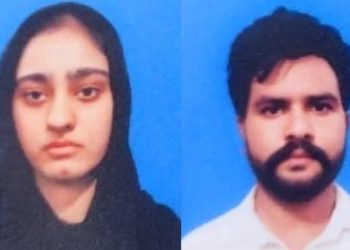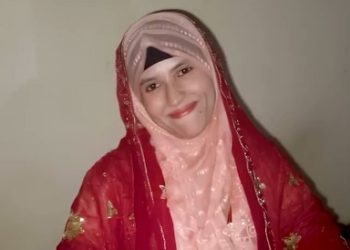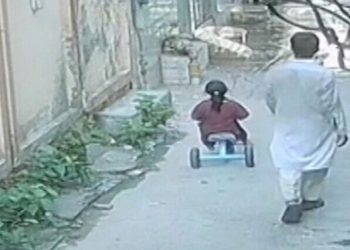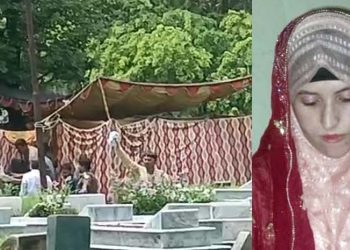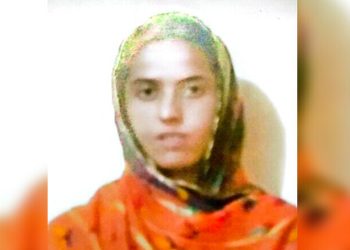In a heartbreaking incident that underscores the economic and emotional toll faced by many impoverished families, a father in Punjab’s Rahim Yar Khan district allegedly poisoned his three children before taking his own life after being unable to buy them clothes for Eid, police confirmed on Monday.
The tragedy occurred in Sardar Garh Basti Haji Pir, located in Rukanpur village, where the man — a daily wage labourer and tractor-trolley driver — had reportedly been jobless and deeply distressed for several days, officials said.
According to police sources, the man gave poisonous pills to his two disabled sons and daughter in a moment of despair. He then consumed the poison himself. Tragically, the father and two children died. The daughter, however, survived the attempt and is currently receiving treatment at Sheikh Zayed Hospital, which confirmed that her condition is now out of danger.
This grim episode has once again highlighted the crippling poverty and mental anguish experienced by working-class families in Pakistan, especially during festive periods like Eid, when societal pressures mount.
Unfortunately, this is not an isolated incident.
In February this year, a similarly shocking case was reported from Swabi district in Khyber Pakhtunkhwa, where 42-year-old Saiful Islam, a tailor by profession, allegedly killed his four children before taking his own life. Authorities stated that he had been suffering from severe emotional distress after his wife left him during a domestic dispute, refusing to return despite his repeated attempts at reconciliation. Left alone to care for their young children — including a two-year-old daughter — Saiful Islam ultimately succumbed to his despair.
These tragic events have prompted calls from human rights groups, mental health advocates, and social welfare organizations for greater support systems for vulnerable families, including mental health services, economic aid, and community counselling, especially in rural and underprivileged areas.
As Pakistan prepares to celebrate Eid, these stories are a painful reminder that many citizens continue to struggle for dignity, survival, and hope — and that no celebration can be complete without addressing the silent suffering of the most marginalized among us.









